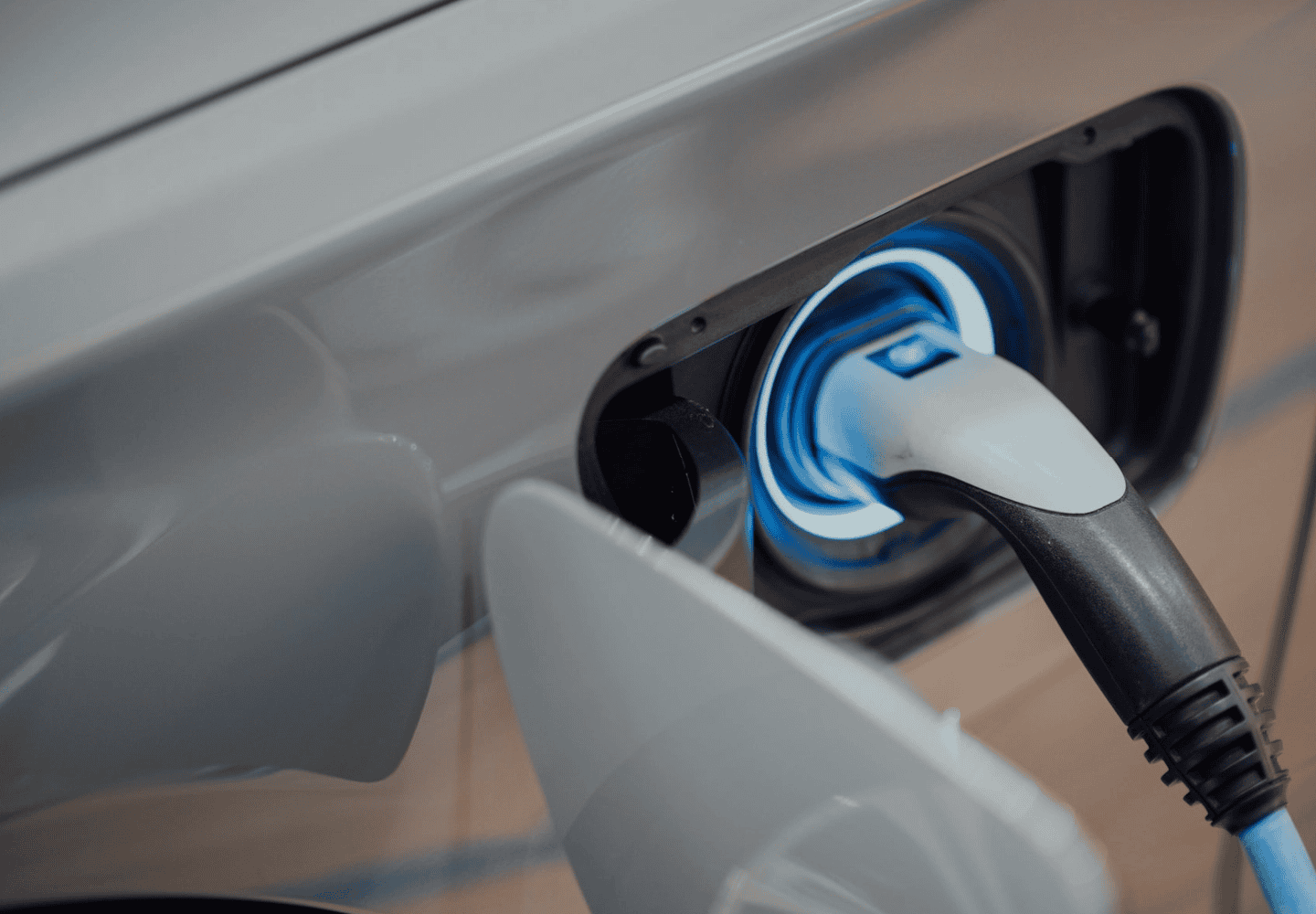Microinverters are better than string inverters because they allow each solar panel to work independently. This means if one panel is shaded or not working well, it won’t affect the others.
Microinverters also provide better monitoring for each panel and are safer because they convert DC to AC power right at the panel. Additionally, they make it easy to expand your solar system in the future without changing the entire setup. You can find our microinverters in our online shop.
We use your electricity usage to design a custom solution that fits your home’s energy needs. Because electricity use can change with the seasons, we ask for at least a full year of energy data to design the right system for you.
Every utility in Ontario and Nova Scotia provides Green Button data, allowing electricity customers to access and manage their energy use online. The data is in a standard format, making it easy to analyze and share with a third party like Kizuna.
We can use this data to analyze your energy usage during the assessment process and design a custom solution for you, whether you are looking for an EV Charging, Battery Backup or Solar solution .
A kilowatt-hour (kWh) measures energy use. It shows how much energy you use or produce over time. One kilowatt-hour is equivalent to using 1,000 watts of power for one hour. For example, if you run a 1,000-watt appliance for one hour, it uses 1 kWh of energy.
Your local utility will track kilowatt-hours to measure electricity use and calculate your bill.
Installing solar panels can protect and extend the life of your roof. The panels are securely mounted and sealed to prevent water leaks, making them waterproof. They also shield your roof from rain, snow, and UV rays, reducing wear and tear. By protecting your roof from the elements, solar panels can help it last longer.
Depending on your location, there may be a fee for the on-site visit. However, we will waive this fee if you proceed with the installation.
Kizuna uses Lithium Iron Phosphate (LFP) batteries for home energy storage because they are safer and perform better than other lithium-ion batteries. LFP batteries last longer and can handle more charge and discharge cycles, making them ideal for daily use in your home.
Yes, you can use a home battery storage system without solar panels. A battery can provide backup power during blackouts, store electricity when rates are low, and use it when rates are high to save money.
It helps you rely less on the grid and can stabilize power in areas with unreliable supply. Batteries can also lower your electricity costs if you have demand charges by reducing your peak power use.
Yes, if you pair your backup power system with solar, you can leverage the program, which offers up to $40,000 in interest-free loans. For more information about eligibility, please review the Canada Greener Homes Loan site.
Depending on your location, there may be a fee for the on-site visit. However, we will waive this fee if you proceed with the installation.
Essential loads backup power systems provide electricity to only the most important appliances and circuits during a power outage. This usually covers essential items like refrigerators, freezers, lights, internet routers, sump pumps, medical devices, and heating systems.
Whole home backup power systems supply electricity to your entire home during a power outage, ensuring that all appliances, lights, electronic devices, heating and cooling systems, and outlets keep working as if the power never went out.

